
Radar | Nov 26,2022
Aug 18 , 2024
By TIZITA SHEWAFERAW ( Fortune Staff Writer )
The Ethiopian Capital Market Authority (ECMA) is to introduce a regulatory sandbox in two weeks, opening the door for financial technologies with disruptive business models. Currently not supported by existing regulations and operating in a controlled environment with temporary licenses, the Authority is expected to allow security brokers, dealers, investment banks, and other capital market service providers to test new technologies and products before full market entry, a development in the nascent capital market.
A sandbox is an isolated testing sphere where users can execute programs without impacting the system they are operating under.
The regulatory sandbox is the realisation of years of work by a small project team initially based at Hibret Bank headquarters. Supported by the Innovative Finance Lab (IFL) under the United Nations Development Programme (UNDP), in partnership with the National Bank of Ethiopia (NBE) and ECMA, the initiative creates a safe space where new ideas can be tested under regulatory oversight. According to Dagmawit Shiferaw, director of the IFL, the sandbox has the potential to help startups challenge traditional financial practices and help established institutions pioneer new technologies.
"The days of blindly saying 'no' are over," Dagmawit told Fortune.
Proponents of the regulatory sandbox believe it provides a time-bound and controlled space where innovative firms can test their products with consumers, ensuring appropriate safeguards are in place. They argue that the environment helps regulators identify the requirements needed to support innovation while assisting firms in understanding their regulatory obligations. Partnerships between financial institutions and technology providers will be facilitated, and temporary licenses will fasten testing.
Dagmawit stated that the sandbox will allow for exploring new regulatory frameworks in practice, supporting business models that do not neatly fit into existing regulations. She believes the approach could help regulators understand the practical impacts of waiving certain rules on a small scale. She cited examples such as testing disclosure rules for online investments or evaluating the risks and benefits of emerging technologies within traditional business frameworks.
"It ensures that regulations don't inhibit innovation," she said.
However, the sandbox is not without its limits. It does not offer direct funding, customer access, or guaranteed large-scale market entry post-testing. Legal and business support, endorsement of specific business models, or risk transfer from the firm to the regulator are also outside its scope.
Regulators believe the sandbox will accelerate innovation by providing a streamlined development process and shielding companies from immediate market pressures. Prime Minister Abiy Ahmed (PhD) recently told senior financial sector executives about the need to identify critical sectors for rapid advancement to international standards.
"Bureaucratic hurdles and regulatory burdens do not align with the reform," he told them while briefing them on the ongoing macroeconomic policy reforms.
The concept of regulatory sandboxes has gained international traction since 2015.
M-Pensa Impact & Development Services, a Swiss-based consulting firm, has played a role in similar projects, putting a team together in several countries. Earlier this year, M-Pensa entered the Ethiopian market, for the NBE and ECMA to design and consult on the regulatory sandbox. Thomas Ward, the team leader from M-Pensa, held multiple discussions to analyse existing regulatory gaps.
According to Ward, unclear regulations and a fast-paced industry that did not match outdated regulations have been major frustrations for stakeholders, which the sandbox plans to address.
"It'll speed up decision-making," he told Fortune.
Although the authorities want the initiative to remain open to everyone, it will focus on technologies that can improve financial access for small and medium enterprises (SMEs), expand investment options for consumers, enhance investor protection, and strengthen the capital market infrastructure. According to people familiar with the progress, licensed and unlicensed capital market service providers and unregulated firms likely to fall under ECMA’s purview are eligible to participate. They say technologies designed to improve supervisory capabilities, known as SupTech, are also welcome.
Applications to the sandbox are submitted with affiliates beginning on August 29, 2024. A 30-day window encourages early engagement with the sandbox team. The process begins with a detailed application form, followed by a comprehensive review to assess the innovation’s potential impact and readiness for testing.
"They've to come with a product ready to test," said Dagmawit.
A team of 15 individuals manages the program. Senior ECMA staff would endorse Sandbox Leads' recommendations, and final decisions would be made by a steering committee that includes Hana Tehelku, ECMA's director general.
“It’s carefully designed to ensure effective and transparent operations,” Dagmawit told Fortune.
Sandbox leads would conduct assessments, while selected applicants cooperate with regulators to develop testing plans. Applicants are expected to adapt to supervision as it involves regular reporting on operations and customer feedback, requiring real-time data monitoring. Sandbox officials are tasked to ensure compliance through ongoing interactions with firms, with a final report outlining outcomes and proposed next steps. This phase involves monitoring individual-based Key Performance Indicators (KPIs) to measure progress, where deviations from expected results trigger discussions with the firm to identify corrective actions.
"It's not business as usual," Dagmawit conceded. "They'll have more supervision."
The steering committee would decide on the test's outcome based on KPI performance and overall findings.
Kenya has an experience where regulatory sandboxes enabled fintech innovations, creating an environment where innovators explored and stress-tested their ideas without regulatory constraints. Amboko H. Julians, an editor at the Nation Media Group, attributed the emergence of successful products, such as a money market fund with minimum savings as low as 10 Kenyan Shillings (0.07 dollars) and the rise of Robo-Advisory services, to the sandbox’s supportive environment. However, he cautioned the difficulties in creating awareness and marketing the sandbox to potential candidates.
"Key stakeholders didn't do a very good job on that," he told Fortune.
Julians urged Ethiopian regulators to focus on creating an enabling ground for creativity, incubation, and market transition, even for ideas initially met with scepticism. He believes that internet penetration and access to information, which played a role in Kenya’s success, could similarly benefit Ethiopia.
Editor's Note: This article was updated from its original form on August 27, 2024.
PUBLISHED ON
Aug 18,2024 [ VOL
25 , NO
1268]

Radar | Nov 26,2022
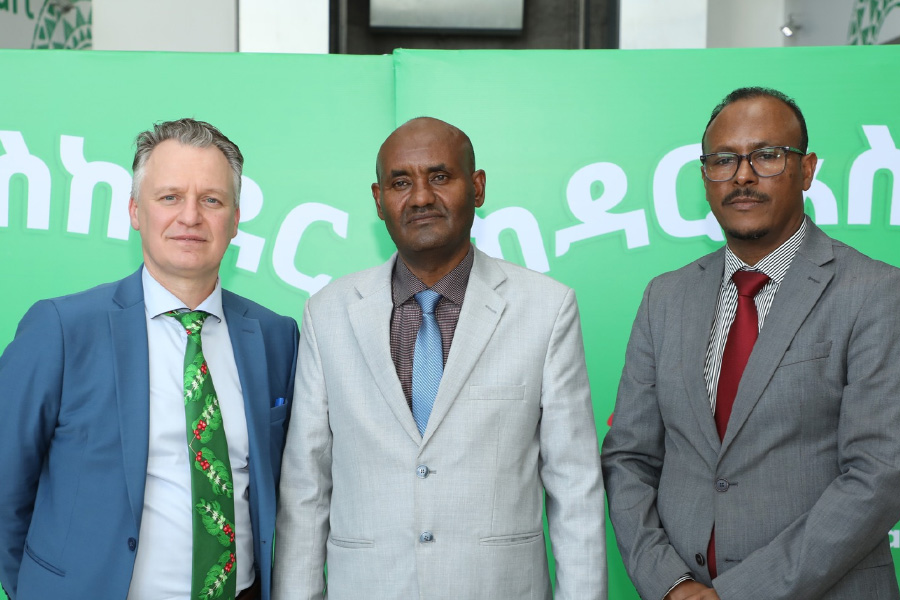
Radar | Nov 24,2024
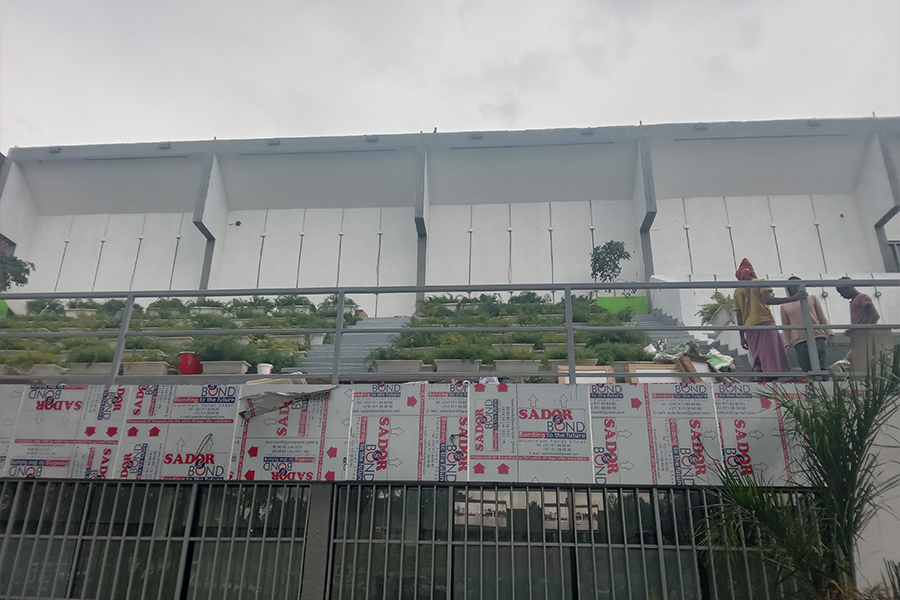
In-Picture | Sep 14,2024
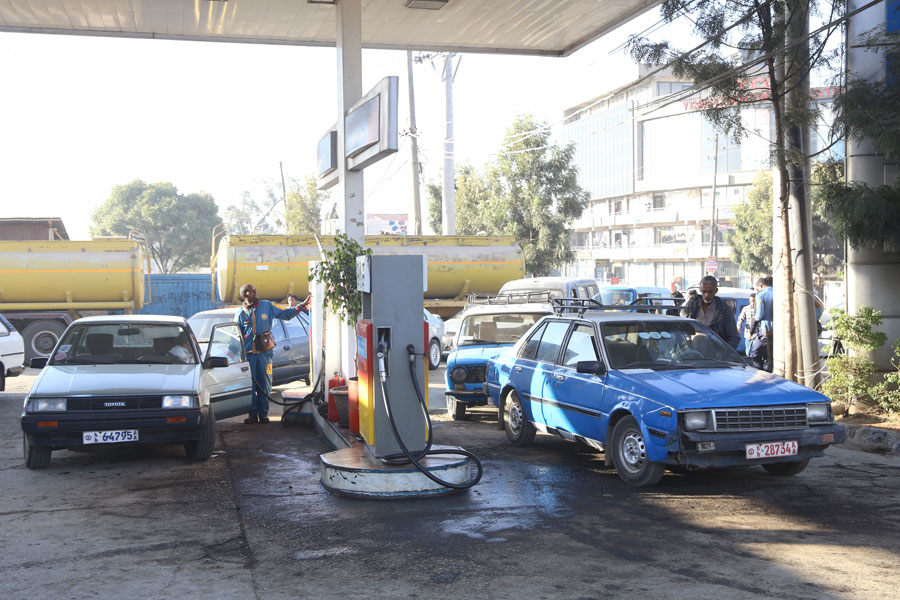
Agenda | Jan 19,2019

Featured | Jan 25,2020
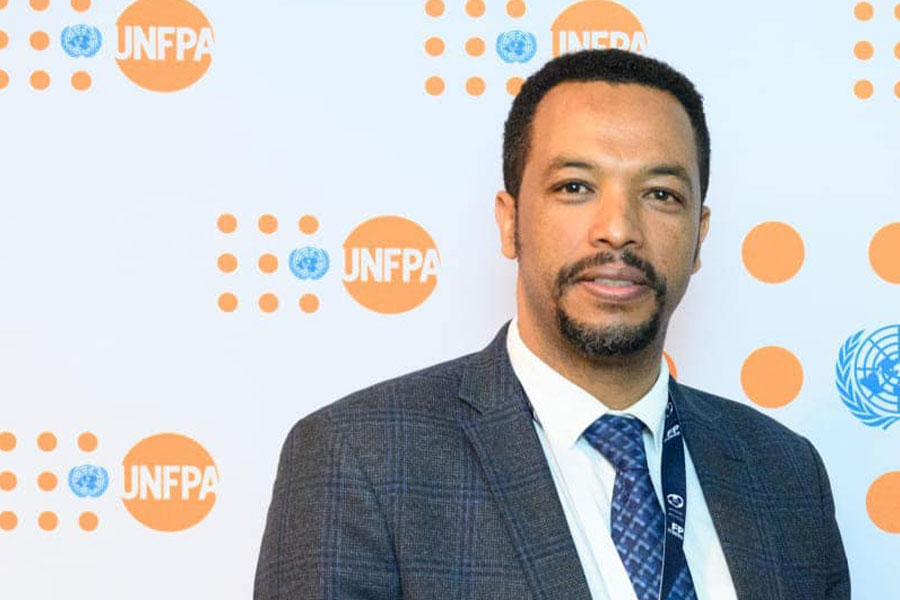
Verbatim | May 24,2025
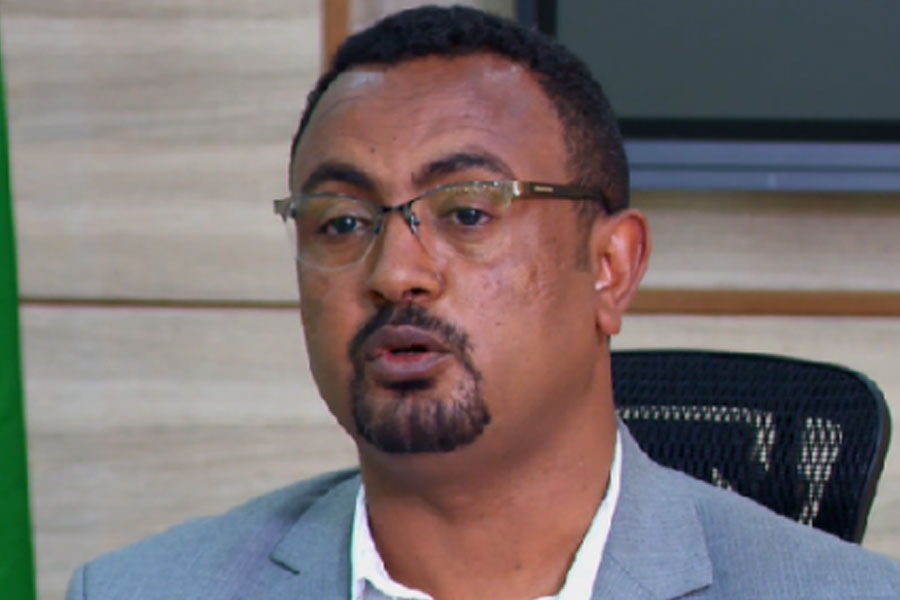
Radar | Dec 15,2024

Editorial | Nov 18,2023
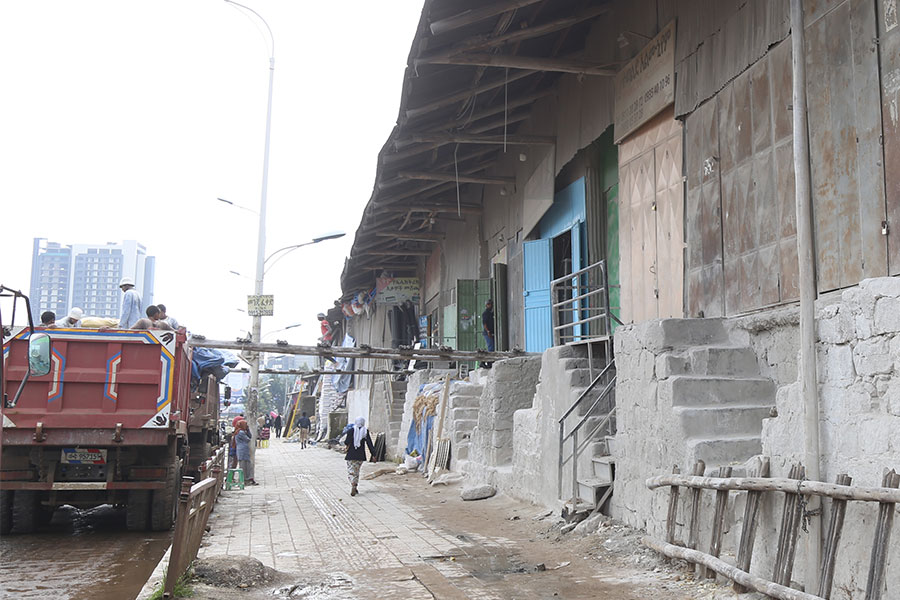
Fortune News | Jul 30,2022
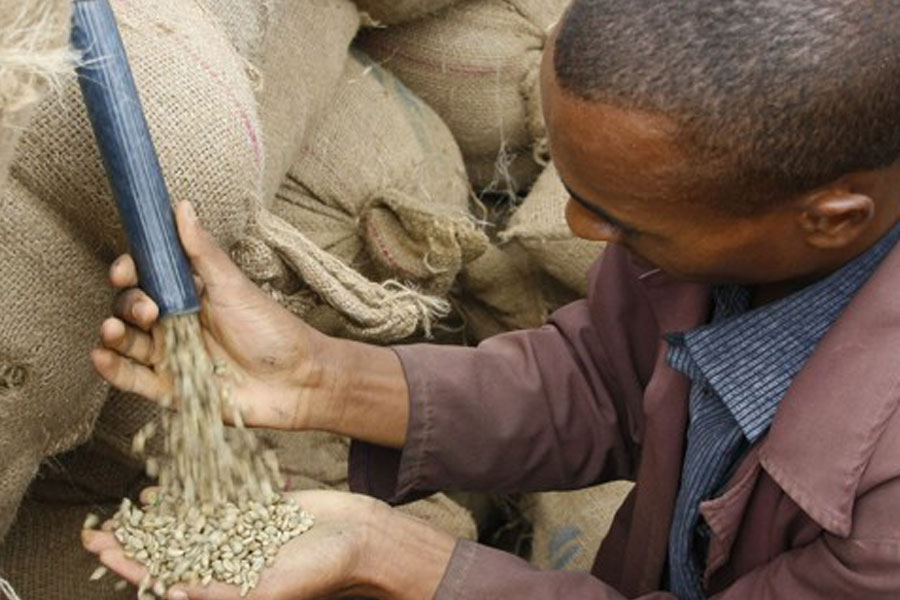
Fortune News | Mar 25,2023

Dec 22 , 2024 . By TIZITA SHEWAFERAW
Charged with transforming colossal state-owned enterprises into modern and competitiv...

Aug 18 , 2024 . By AKSAH ITALO
Although predictable Yonas Zerihun's job in the ride-hailing service is not immune to...

Jul 28 , 2024 . By TIZITA SHEWAFERAW
Unhabitual, perhaps too many, Samuel Gebreyohannes, 38, used to occasionally enjoy a couple of beers at breakfast. However, he recently swit...

Jul 13 , 2024 . By AKSAH ITALO
Investors who rely on tractors, trucks, and field vehicles for commuting, transporting commodities, and f...

Sep 13 , 2025
At its launch in Nairobi two years ago, the Africa Climate Summit was billed as the f...

Sep 6 , 2025
The dawn of a new year is more than a simple turning of the calendar. It is a moment...

Aug 30 , 2025
For Germans, Otto von Bismarck is first remembered as the architect of a unified nati...

Aug 23 , 2025
Banks have a new obsession. After decades chasing deposits and, more recently, digita...